No products in the cart.
Soliga tribals have a sweet deal for consumers: Pure honey
For several years, the Soliga community residing in K Gudi, BR Hills, used to wade deep into the dense forests and return with the best honey.
But lack of marketing skills meant that the product was sold at throwaway prices to traders who came all the way from Tamil Nadu’s Salem and hauled away much of the 11 tonnes of honey collected annually.
Now, that is changing. Spurred by the efforts of two forest officers and recent reports about adulterated honey, the tribal community is making amends. The local Large Area Multipurpose Society (LAMP), a cooperative society consisting of over 1,200 members from the Soliga community, has decided to introduce the honey extracted from the forests in the market.
“We have found out that the honey bought from us at Rs 250 per kg is sold for Rs 600 to Rs 700 per kg in Tamil Nadu and Kerala. We have a very good product and we hope that the people will recognise its speciality,” Shivanna Muttegowda, vice president of the LAMP society, told
Forest officials told DH that the forest produce of Soligas are of the best quality but they lack marketing. To overcome this handicap, officials have decided to train the community by conducting workshops at their colonies (‘podu’) as well as for those who have settled outside the BRT Sanctuary.
Santosh Kumar, Director of Biligiri Ranganathaswamy Temple Tiger Reserve Sanctuary, has assured help from the department. Soligas, he said, were the first line of defence when it comes to protection of forests and the department will continue to help them.
Sandeep Suryavamshi, assistant conservator of forests, who is also the president of the LAMP society, said there were three main areas of focus.
He said improving methods of harvesting and helping Soligas to identify the mature honey was the first step. The mature honey, with less water content and stronger anti-bacterial effects, therefore attracts good price in the market.
“Scientific training will help them identify the matured honey. The second focus is on processing where we can bring separate recognition for honey with pollen content. The process will also generate employment for more people from the tribal community. In the last stage, branding exercise will emphasise the speciality of the product,” he said.
Over the last few years, products from the Soliga community, including coffee and spices, have earned much praise. Though efforts were made back in 2014 to market the honey extracted in hills the tribal community lost motivation.
Officials said the recent news of big brands selling adulterated products has opened up space for marketing the honey produced by the LAMP society.


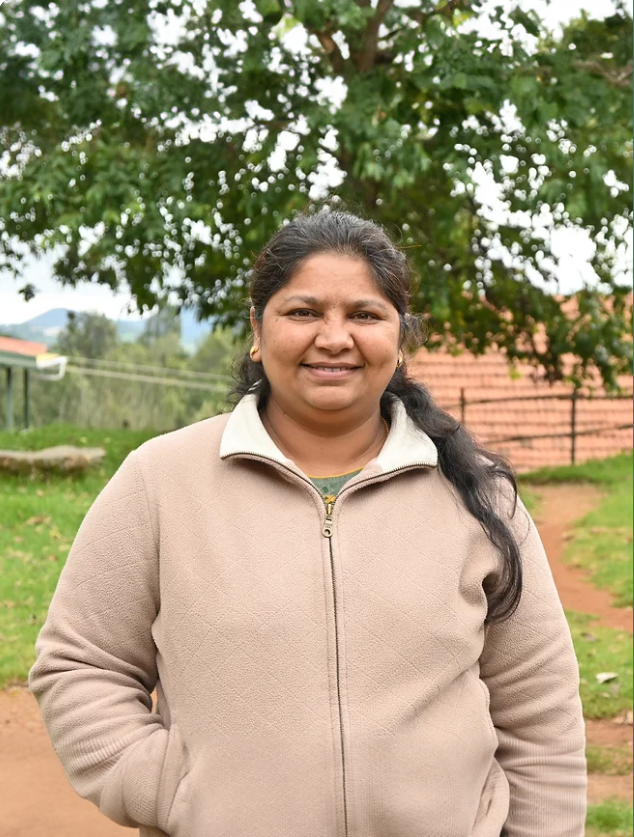
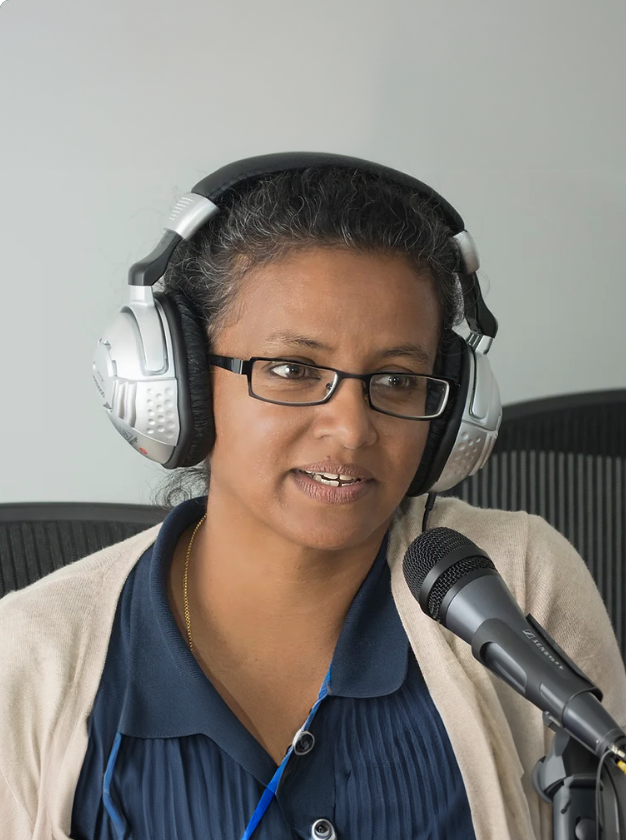
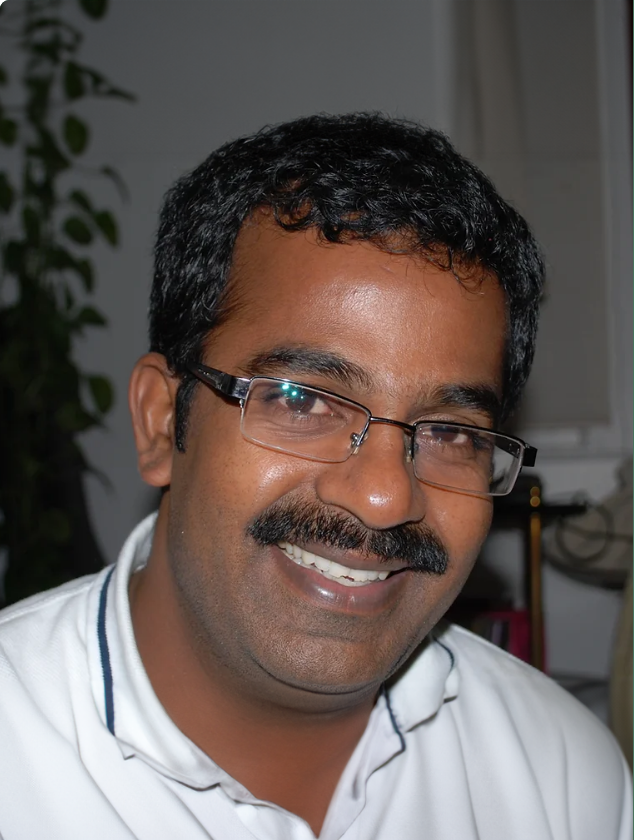

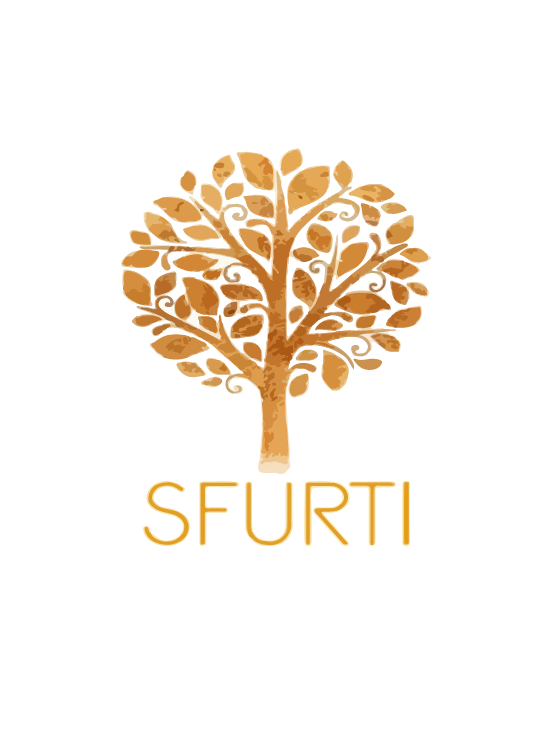
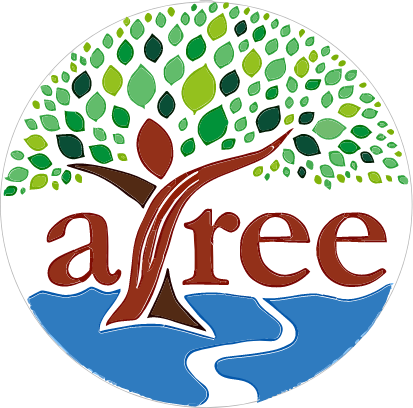

Leave a Reply